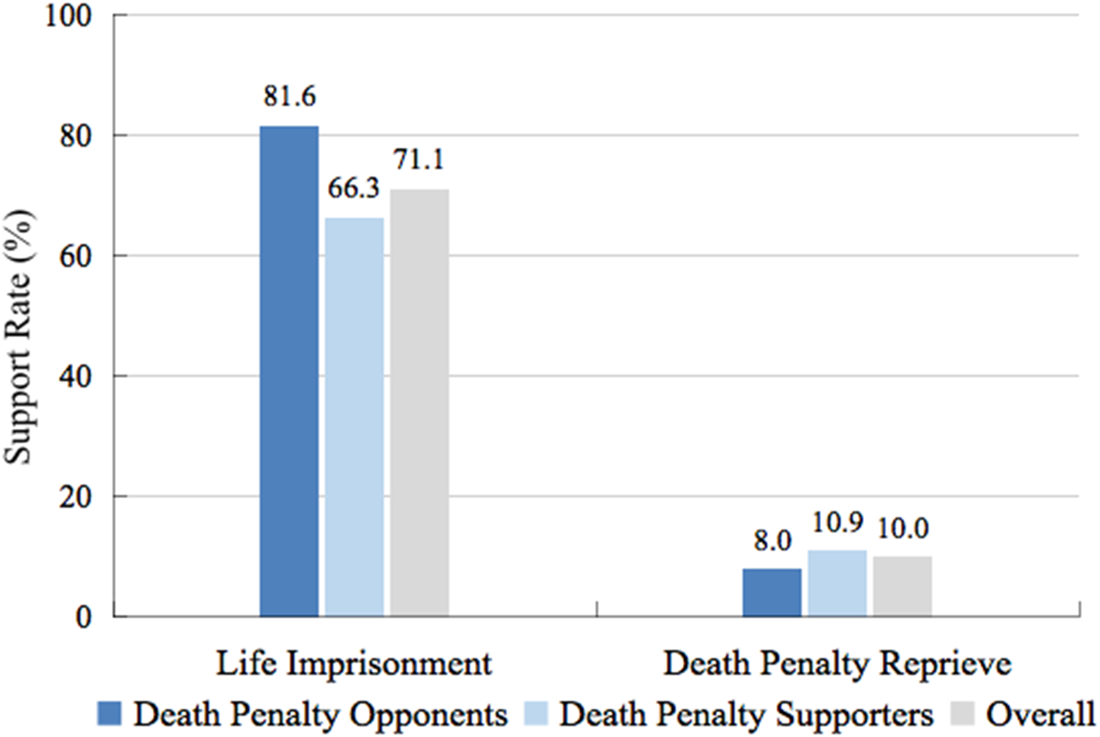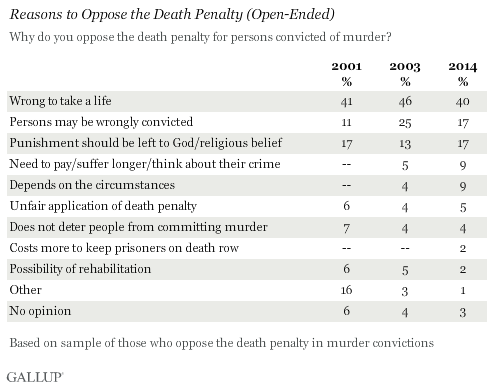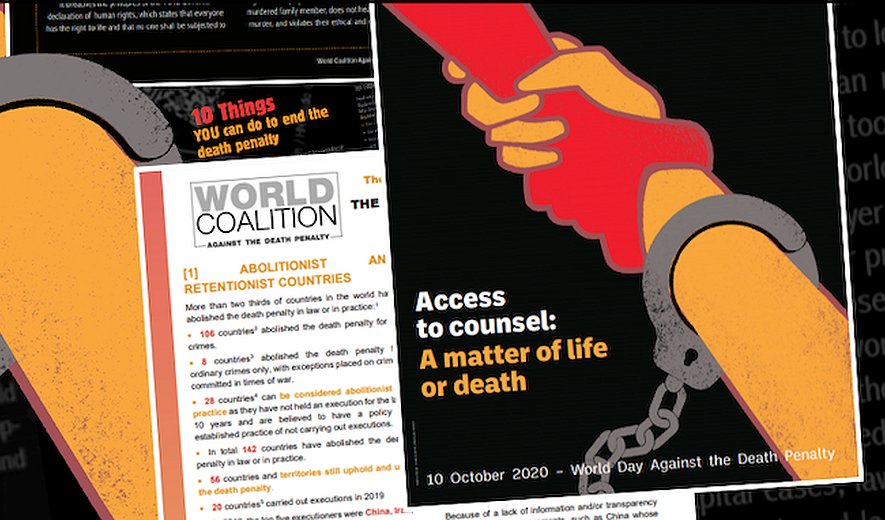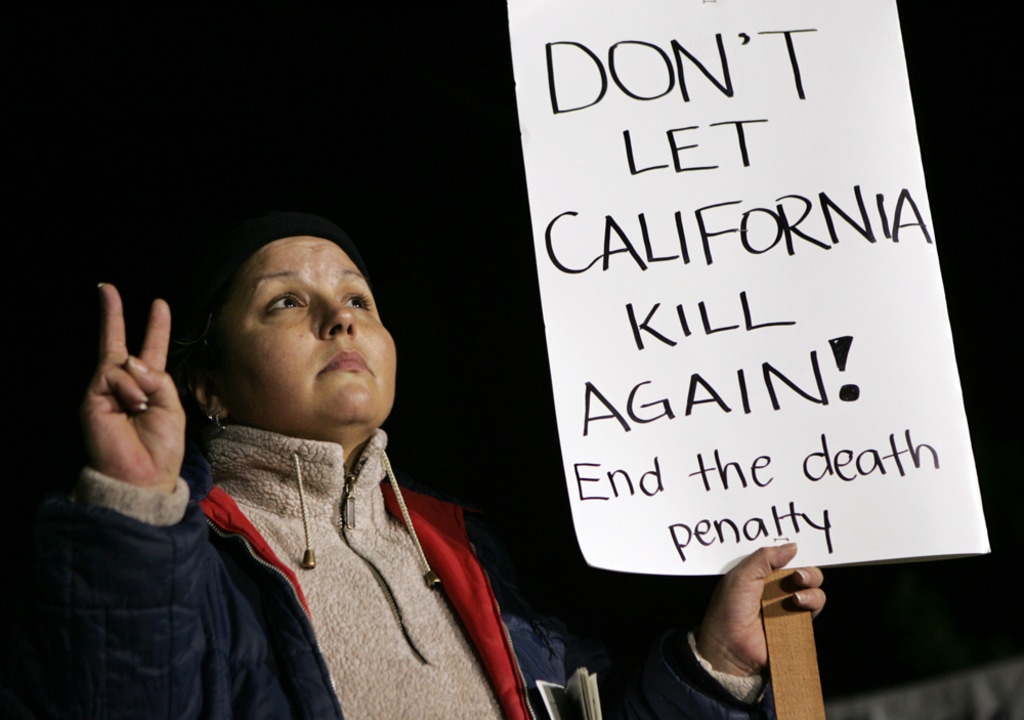The death penalty, also known as capital punishment, is a controversial and divisive issue that has been debated for centuries. Some people believe that the death penalty is a necessary form of retribution for the most heinous crimes, while others argue that it is an outdated and barbaric practice that should be abolished. In this essay, I will argue that the death penalty should be abolished for several reasons.
Firstly, the death penalty is ineffective as a deterrent. Studies have shown that the death penalty does not significantly reduce crime rates compared to other forms of punishment. In fact, some countries that have abolished the death penalty, such as Canada and the United Kingdom, have seen decreases in crime rates. This suggests that the death penalty is not necessary for preventing crime and that other, more effective measures can be taken to reduce crime.
Secondly, the death penalty is prone to error and injustice. There have been numerous cases in which innocent people have been sentenced to death and later exonerated, sometimes decades later. This is due to a variety of factors, including flawed eyewitness testimony, faulty forensic evidence, and misconduct by law enforcement officials. The risk of executing an innocent person is simply too high to justify the death penalty.
Thirdly, the death penalty is disproportionately applied to marginalized and disadvantaged groups. People of color, particularly African Americans, are significantly more likely to be sentenced to death than white people, even when controlling for the severity of the crime. Similarly, people who are poor or mentally ill are more likely to receive the death penalty due to their lack of access to quality legal representation. This is a clear example of how the death penalty is used to discriminate against and oppress certain groups in society.
Finally, the death penalty is a costly and inefficient form of punishment. The process of appealing a death sentence is lengthy and expensive, and the costs associated with carrying out a death sentence are much higher than those of life imprisonment. This money could be better spent on crime prevention and rehabilitation programs that have been shown to be more effective in reducing crime.
In conclusion, the death penalty should be abolished due to its ineffectiveness as a deterrent, its risk of error and injustice, its disproportionate impact on marginalized groups, and its high cost. There are more humane and effective alternatives to the death penalty that can be used to hold people accountable for their actions and protect society.





